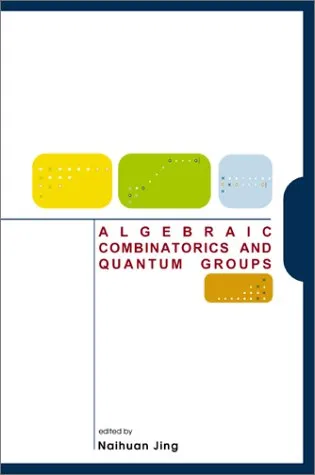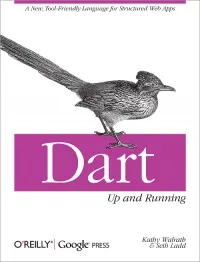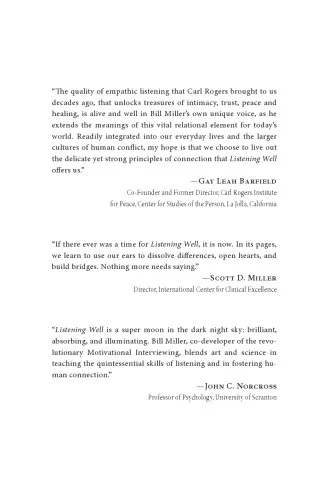Modularity in Knowledge Representation and Natural-Language Understanding - Jay L Garfield
4.7
Reviews from our users

You Can Ask your questions from this book's AI after Login
Each download or ask from book AI costs 2 points. To earn more free points, please visit the Points Guide Page and complete some valuable actions.Related Refrences:
Introduction to "Modularity in Knowledge Representation and Natural-Language Understanding"
In an era where artificial intelligence and cognitive science are pushing the frontiers of what we can achieve, the interplay between knowledge representation and natural-language understanding becomes increasingly crucial. Jay L. Garfield's book, "Modularity in Knowledge Representation and Natural-Language Understanding," serves as a comprehensive guide to these complex yet fascinating domains, unraveling the mysteries of the mind's structures and their applications in technology.
Detailed Summary of the Book
In this groundbreaking work, Garfield delves deep into the concept of modularity within cognitive systems, which refers to the idea that the brain's myriad functions can be divided into distinct modules, each specialized for certain tasks. He argues that understanding how these modules represent, process, and utilize knowledge is paramount for advancing natural-language processing and artificial intelligence technologies. The book navigates through the theoretical frameworks and introduces computational models that mirror human cognitive abilities, thereby enlightening both seasoned scholars and newcomers.
The narrative unfolds in a well-structured manner, starting with foundational theories before moving on to more sophisticated discussions on how modularity influences our ability to understand and produce language. Garfield doesn't shy away from engaging in debates with other cognitive scientists, offering robust critiques and alternative perspectives on prevailing theories. This book is not only informative but also thought-provoking, challenging readers to reconsider the nature of human cognition and its extensions into machine intelligence.
Key Takeaways
- Understand the role of modularity in cognitive science and its implications for technological developments.
- Explore how knowledge is represented within the brain and how these representations can be modeled computationally.
- Gain insights into natural-language understanding and its critical importance for developing AI systems.
- Learn about the debates surrounding modularity in cognitive systems and engage with diverse scientific viewpoints.
Famous Quotes from the Book
"The mind is not a monolithic entity, but rather a complex architecture of interdependent systems, each tailored for distinct cognitive tasks."
"Understanding language is not just about syntax and grammar, but involves a deep intertwining with the cognitive architecture that stores and processes knowledge."
Why This Book Matters
As our world becomes increasingly reliant on intelligent systems for communication, decision-making, and data analysis, Garfield's book emerges as a vital resource for understanding the underlying processes that make these systems possible. The meticulous research and comprehensive exploration of concepts not only equip readers with critical knowledge but also inspire innovation.
By focusing on the modularity hypothesis, this book provides a framework that aids in the development of more sophisticated AI capable of natural-language understanding akin to human capabilities. It is a valuable addition to the fields of cognitive science, artificial intelligence, and linguistic theory, contributing significantly to academic discourse and practical applications.
Free Direct Download
You Can Download this book after Login
Accessing books through legal platforms and public libraries not only supports the rights of authors and publishers but also contributes to the sustainability of reading culture. Before downloading, please take a moment to consider these options.
Find this book on other platforms:
WorldCat helps you find books in libraries worldwide.
See ratings, reviews, and discussions on Goodreads.
Find and buy rare or used books on AbeBooks.
1365
بازدید4.7
امتیاز0
نظر98%
رضایتReviews:
4.7
Based on 0 users review
Questions & Answers
Ask questions about this book or help others by answering
No questions yet. Be the first to ask!













